
Short Poetry Collection 128
This is a collection of 29 poems read by LibriVox volunteers for January 2014. [chương_files]



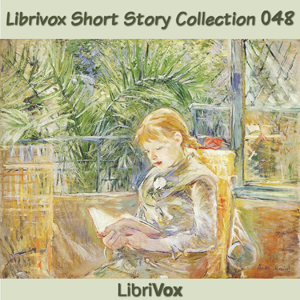
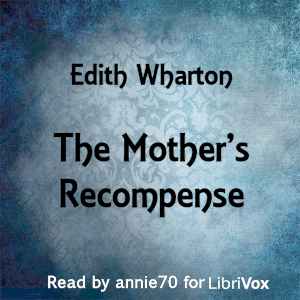
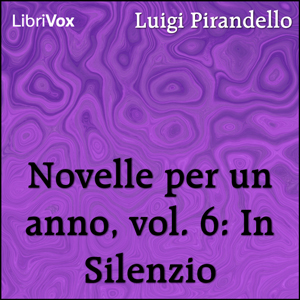
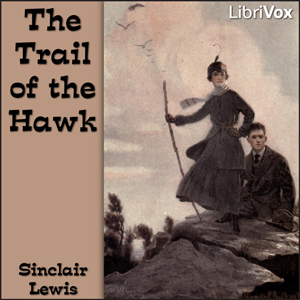
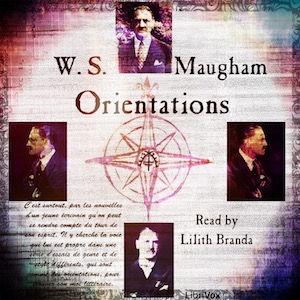


This is a collection of 29 poems read by LibriVox volunteers for January 2014. [chương_files]

This is a collection of poems read by LibriVox volunteers for the month of July 2010. [chương_files]

The experiments herewith reported were undertaken with the view of introducing certain improvements into the oil-drop method of determining e and N and thus obtaining a higher accuracy than had before been possible in the evaluation of these most fundamental constants. From the Physical Review, Vol. II, No. 2 [chương_files]
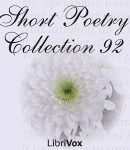
This is a collection of poems recorded by LibriVox volunteers for the month of November 2010. [chương_files]
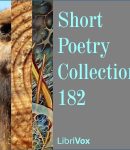
This is a collection of 41 poems read in English by LibriVox volunteers for July 2018. [chương_files]
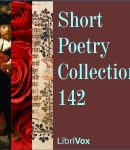
This is a collection of 23 poems read by LibriVox volunteers for March 2015. Two poems of medium length in this collection: #04 “Copernicus” (13:38) is from the volume “Watchers of the Sky” by Alfred Noyes. #12 “A Joyful Meditation of the Coronation of King Henry the Eighth” (14:12). The original text was published as an eight-page pamphlet. In the surviving copy, the bottoms of the pages have been cropped. A total of three lines are therefore missing, and a further three have been reconstructed from their surviving portions. The html version of the poem shows these reconstructions. This poem has been read using modern English pronunciation. Some words have no modern equivalent, including such words as encensing, entenderment, soote, boote, withouten, inuentions, contrarious, and minnish which is short for dimminish. Emyspery = hemisphere. Quayre (quire) = an eight-page printed booklet. Tene = harm, injury or hurt. Rother = rudder The “monk of bery” was John Lydgate of Bury St. Edmunds (c. 1370 – c. 1451) a monk and poet. [chương_files]
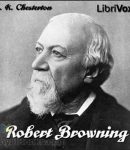
There is an old anecdote, probably apocryphal, which describes how a feminine admirer wrote to Browning asking him for the meaning of one of his darker poems, and received the following reply: “When that poem was written, two people knew what it meant–God and Robert Browning. And now God only knows what it means. [chương_files]

This is a collection of poems read by LibriVox volunteers for July 2011. [chương_files]
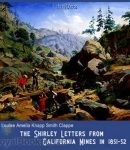
Louise Amelia Knapp Smith Clappe moved to California from Massachusetts during the Gold Rush of the mid-1800’s. During her travels, Louise was offered the opportunity to write for The Herald about her travel adventures. It was at this point that Louise chose the name “Shirley” as her pen name. Dame Shirley wrote a series of 23 letters to her sister Mary Jane (also known as Molly) in Massachusetts in 1851 and 1852. The “Shirley Letters”, as the collected whole later became known, gave true accounts of life in two gold mining camps on the Feather River in the 1850s. She described these camps in Northern California with vividness in portraying the wildness of Gold Rush life. The letters give detailed accounts of the vast and beautiful landscape that was the background to the hustle and bustle of mining life. Louise’s perspective as a woman provided a contrast to the typically all-male mining camps that she occupied. The letters were later published in the Pioneer, a California literary magazine based out of San Francisco. [chương_files]
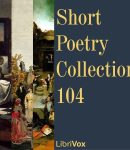
This is a collection of poems read by LibriVox volunteers for January 2012. [chương_files]
Copyright © 2024 | FreeAudible